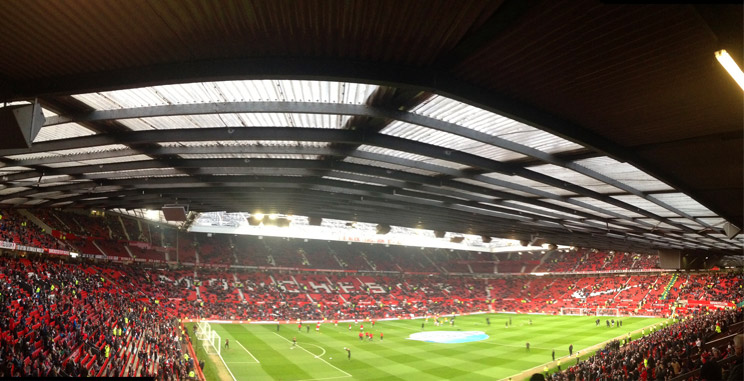As you know, the EPL (English Premier League) has sold its media rights for the next three years for £1 billion per year. For the sake of comparison, the current deal for the Spanish league is about €600 million (a bit less than half the EPL’s new deal); even if Spanish teams were finally to agree to move to collective negotiation on media rights, it is estimated that it would make €850 to €950 million. Given the way the money is shared, the lowest-ranked team in the EPL will have a budget as large as the fourth highest ranked team in Spain. Other top European leagues are not far from the Spanish numbers.

There are many reasons for this disparity. One is the larger UK market with a fanbase more accustomed to the pay-per-view model. Meanwhile in Spain, fans still find ways to sidestep the model, getting together with friends or watching games at the bar.
The disparity can also be traced to the management expertise of the EPL itself and of EPL clubs. Foreign investors seek out markets with higher growth potential, not only in domestic markets, but also because such management expertise leads the EPL to capture international markets. It also translates into a better product (even if the game itself is of comparable quality to other European leagues) through better broadcasting and “packaging” of the games locally as well as internationally. Plus superior negotiating skills help it capture a larger share of the pie and work with the networks to enlarge that pie.
What does this deal mean for Europe? Opinions on this diverge but here are a few (we look forward to hearing your views too):
- The EPL will get even better at attracting the best talent on the pitch (and in the offices) to produce the best soccer in the world and design the best business model around it. The other national leagues run the risk of being marginalized, merely feeding the EPL. The fate that traditional leagues such as the Dutch and the Belgian suffered in the 1990s will extend to other leagues that today dominate European competitions.
- How can the Spanish, the German or the French league respond to this unquestionable threat to their relevance? The answer depends on whether the different constituencies—players, clubs, leagues, networks, and other organizations in the local football family—will react. Will they maintain their traditional short-term, self-interested behavior? Or will they finally realize that the long-term success of their league depends on having a long-term plan designed by top talent in which all of them collaborate?
- Another interesting question is how the UEFA (Union of European Football Associations) will react to this deal. The Champions League is the main European competition and most people in Europe will perceive it as such (some English fans and managers are starting to question this assumption). But, the design of the competition walks a fine line between the business perspective of value creation and the federation perspective on satisfying the large number of European federations. The outcome is a competition in which top teams have one top-level game at home during the league round and three additional top-level home games if they make it to the final. Four top-games (in the best case scenario) do not make for a great business proposition. Will the need to compete in a business sense against the EPL dominate the new design of the Champions League? Or will the politics of satisfying more than 50 federations decide the structure of the competition?
The game that is being played in the business arena among the various organizations in the football family is becoming as attractive as, if not more attractive than games on the pitch. How do you think the various players should act going forward?



its funny that all this money is not translating into an improvement in soccer for the english national soccer team
in terms of quality of footbal i prefer the spanish footbal, the epl is buying players when they are past their peak from other leagues. how many players have become flops in england but where sensational in other leagues.
Thank you for your advice.
The dominance of the EPL’s media deals will continue because of the strength of its international presence in south east Asia and more recently America. Spanish leagues should be able to enter into the North American market but the brand equity the EPL has built overtime may be difficult to compete against. I am a firm believer in more democracy and participation of teams in the Liga to make it more competitive and attract stronger talent across the board rather than having a 2-3 team league.